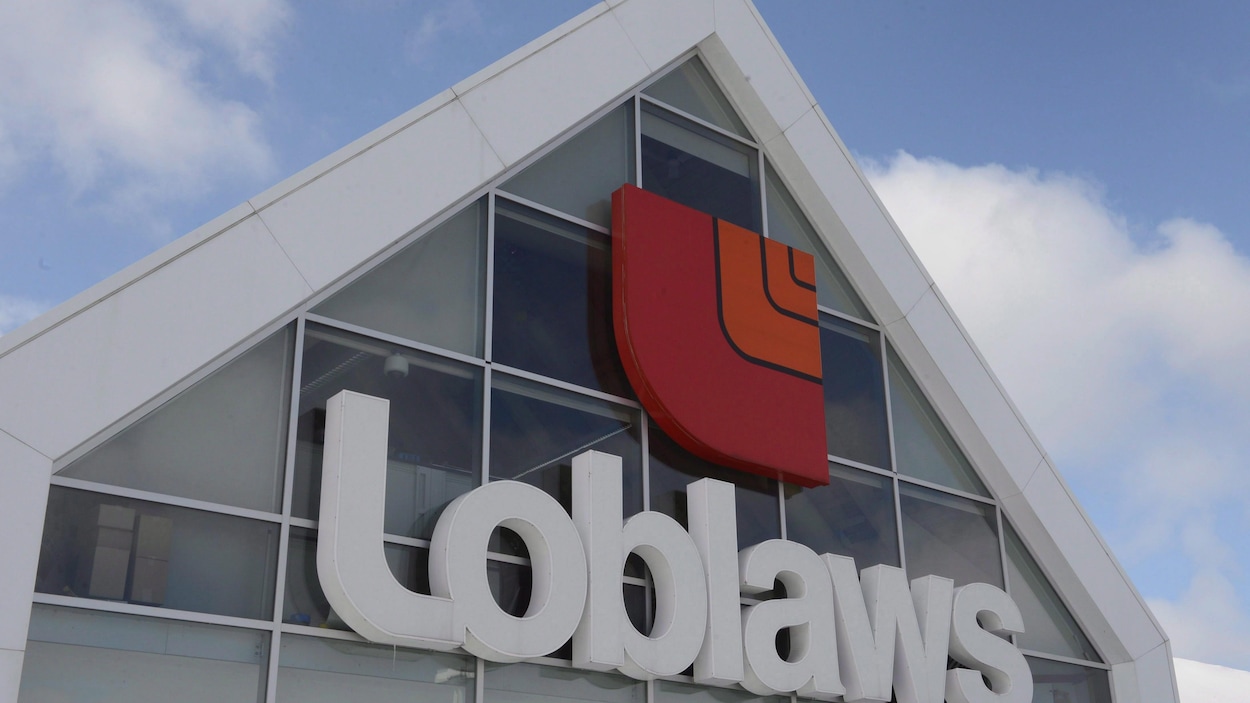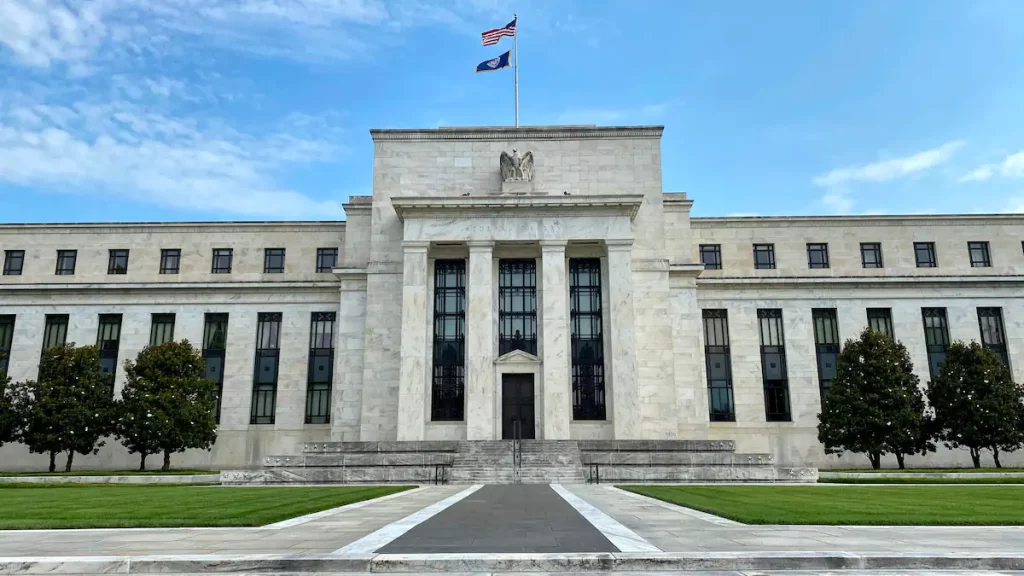In the face of prices that continue to rise in the United States, the US central bank should strike hard on Wednesday to slow the economy and try to curb inflation, while being careful to protect the economy from a threatening recession.
The powerful Federal Reserve’s monetary committee, which met on Tuesday and Wednesday morning, should announce a new sharp rise in key interest rates.
The decision will be announced at 2 pm (6 pm GMT) in a statement, followed by a press conference by Federal Reserve Chairman Jerome Powell at 2:30 pm.
“We expect the Fed to raise (rates) by 75 basis points, (…) in implementing the most stringent tightening cycle since the 1980s,” said Gregory Daco, chief economist at EY-Parthenon.
And it actually did at its previous meeting, in mid-June, and that was the biggest increase since 1994. It could put a one-point larger increase on the table.
The goal: to make credit more expensive to slow consumption and, eventually, to relieve pressure on prices. Inflation already hit a new record again in June, at 9.1% in one year, unheard of in more than 40 years.
Comments that Jerome Powell will be able to make about the rate of increases the institution envisages for the coming months will be scrutinized and dissected by the observers.
“Mr. Pantheon Macroeconomics Economist Ian Shepherdson will reiterate that the Fed sees inflation as a disaster, especially for low-income households, and policy makers are determined to bring it down,” said Mr.
The Fed has indicated that it will take a reduction in inflation for it to consider stopping the rate hike, or at least slowing the pace of it. “We expect this requirement to be met by the time of the September meeting,” adds Ian Shepherdson.
But the long-awaited economic slowdown to bring down prices could prove too powerful and plunge the world’s largest economy into recession.
The European Central Bank also began to tighten its monetary policy, following several financial authorities. The International Monetary Fund said, on Tuesday, that it is essential that these institutions continue to fight inflation.
This, of course, will not be without its difficulties, and according to the International Monetary Fund, “a tighter monetary policy will inevitably have economic costs, but any delay will only exacerbate them.”
The Fed is hoping for a “soft landing”.
Good health should allow the US economy to escape the recession, according to Joe Biden’s Secretary of Economy and Finance, Janet Yellen.
The International Monetary Fund is less optimistic. The chief US economist, Pierre-Olivier Gornchas, warned on Tuesday that “the current environment suggests that the likelihood of the US escaping recession is slim.”
The international corporation now expects only 2.3% growth in the US for this year, or 1.4 points lower than its last forecast, published in April.
The second quarter GDP growth will be announced on Thursday. It was supposed to be a bit positive, after the negative first quarter (-1.6%), thus saving the US economy from recession this time.
But should it turn negative again, the world’s largest economy will enter a technical recession, with two negative quarters in a row.
However, the very definition of a recession is a topic of debate in the country as this post approaches: Is it two consecutive quarters of negative growth? Or a broader deterioration in economic indicators, which is not the case now?

“Music guru. Incurable web practitioner. Thinker. Lifelong zombie junkie. Tv buff. Typical organizer. Evil beer scholar.”








More Stories
Consumers want to boycott Loblaw grocery stores in May
Delays and flight cancellations: Here are the US airlines you should avoid
Le Rouge Vin is officially leaving the Hôtel Gouverneur